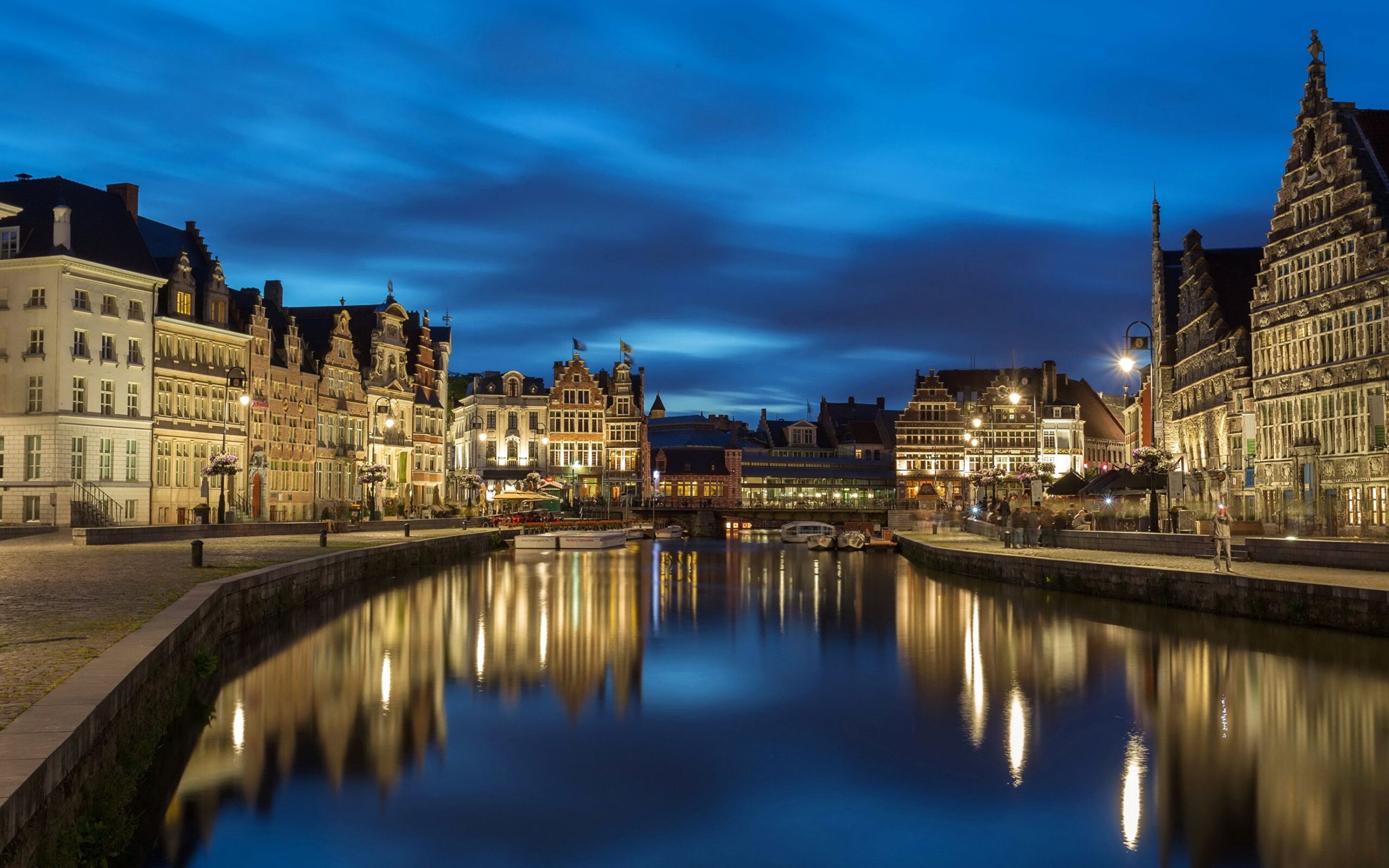Sometimes there are some difficulties in describing Belgium and bengali to english. Belgium is a small enclave located between France, Germany, Luxembourg, and the Netherlands. It has 11 million inhabitants. With only three official languages-French, Dutch, and German-this country, known as a flat country, can sometimes have a linguistic “rough patch. After all, there are not even two, but three official languages in this country.
Belgium, divided by Flanders and Wallonia, has three linguistic communities in their respective territories: the Flemish community in the north, the French community in the south, and the German community, which makes up less than 1% of the total population, along the border with Germany.
Only about 39.5% of the population in this multilingual community speak French and Dutch, the original languages, which creates a large market for translation and interpretation. The Belgian capital Brussels obviously plays a key role in this sector.
Brussels is a special case. It is at the junction of French and Dutch. Absolutely everything is translated in the capital city, from road signs to administrative documents, announcements, event announcements and meetings. For translators working with French and Dutch, there is no better place than Brussels. They are an important link in the chain of interaction between the different actors in the metropolis.
The translation market in this city also extends to other languages. The capital of the European Union, Brussels is home to a large number of emigrants from all over the world. The importance that translators play in a different cultural and linguistic environment cannot be underestimated. In addition to French and Dutch, you can also hear German, Arabic, Chinese, Spanish and many other languages.
It goes without saying that this multiculturalism is truly a boon for translators. They translate numerous contacts with representatives of foreign delegations, and their presence is obligatory at meetings of the many international institutions and organizations in the capital. Brussels is the business center and the center of European politics and negotiations. In this context, members of the translation profession are the guarantors of successful communication at international level. On the other hand, the sector critically lacks specialists working in unusual languages such as French-Hindi or Dutch-Latvian.
It is important for the people of Brussels, and more broadly for the entire Belgian population, to know both languages. Moreover, proficiency in French and Dutch is often required in business and professional areas. But while bilingualism is common to all, not everyone can try his or her hand as an interpreter. The bottom line is that interpreters have certain skills that not all native speakers have. Technical, medical, legal and institutional translations require a high level of language proficiency.
